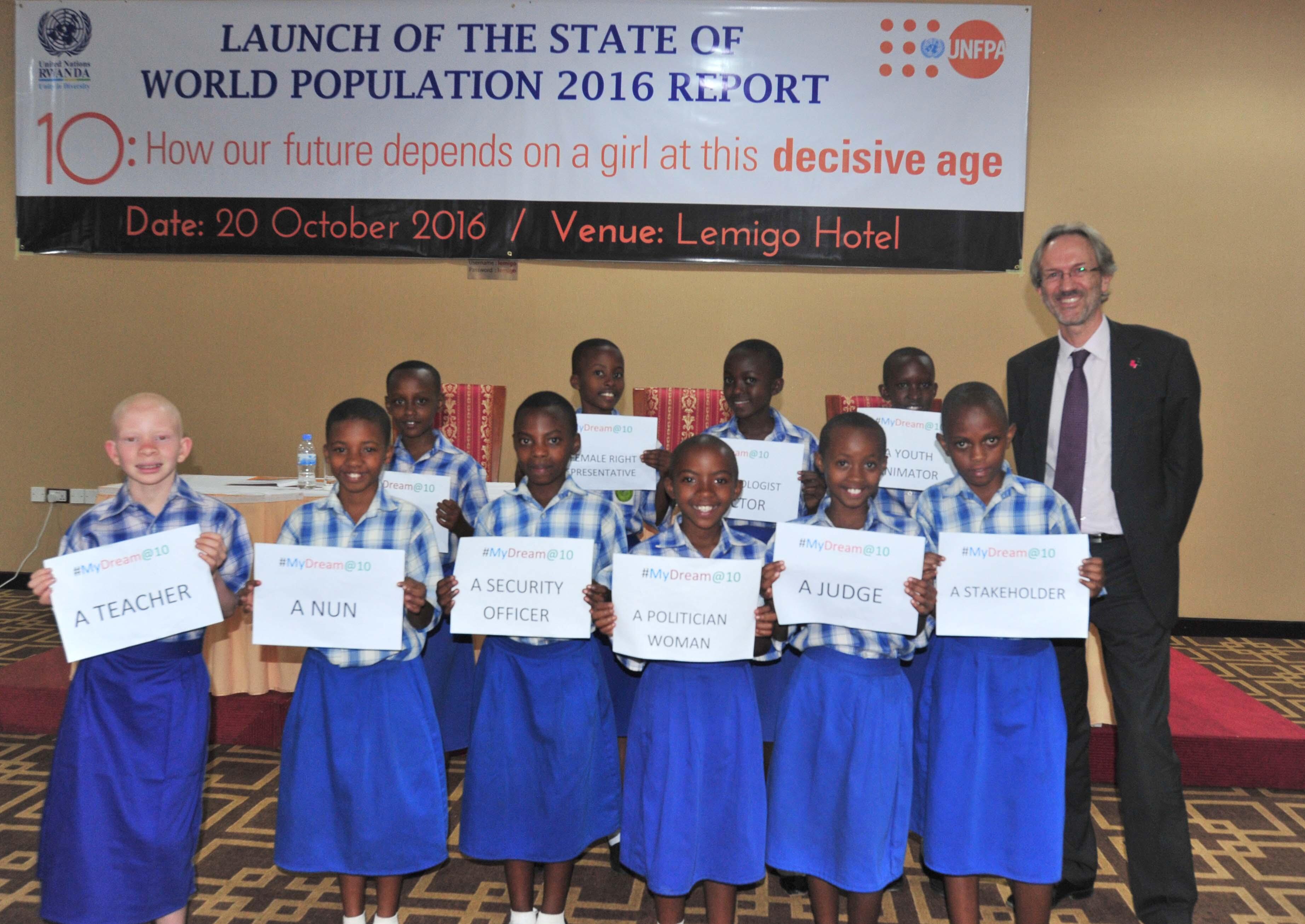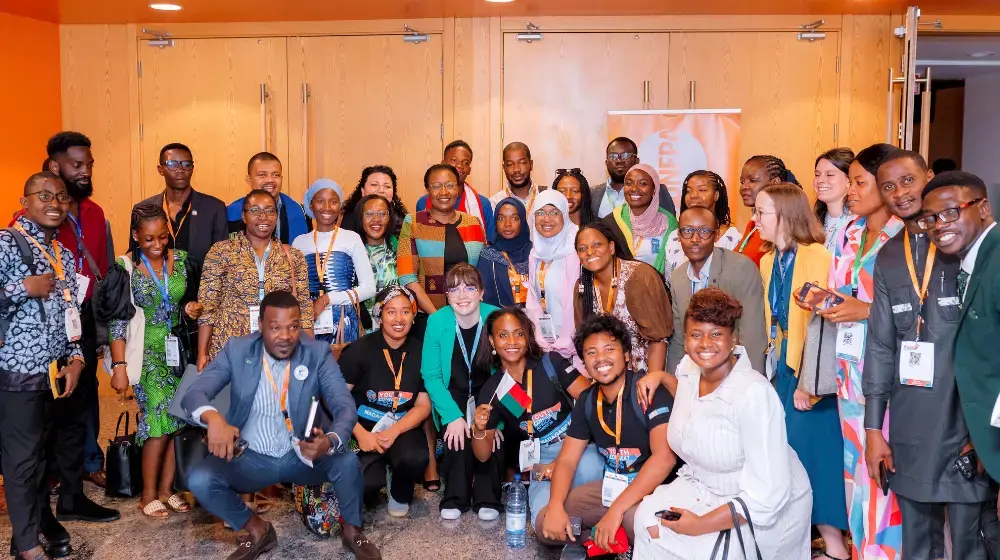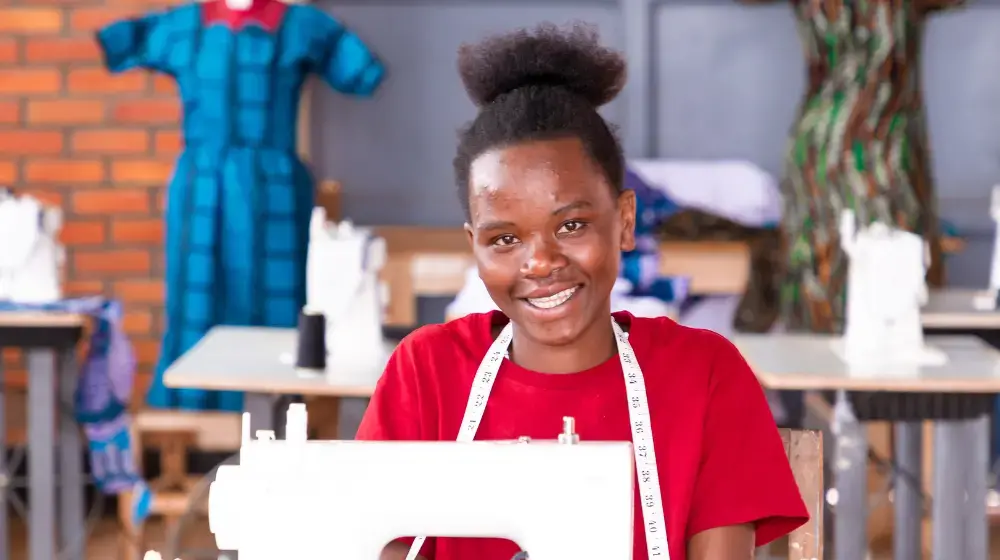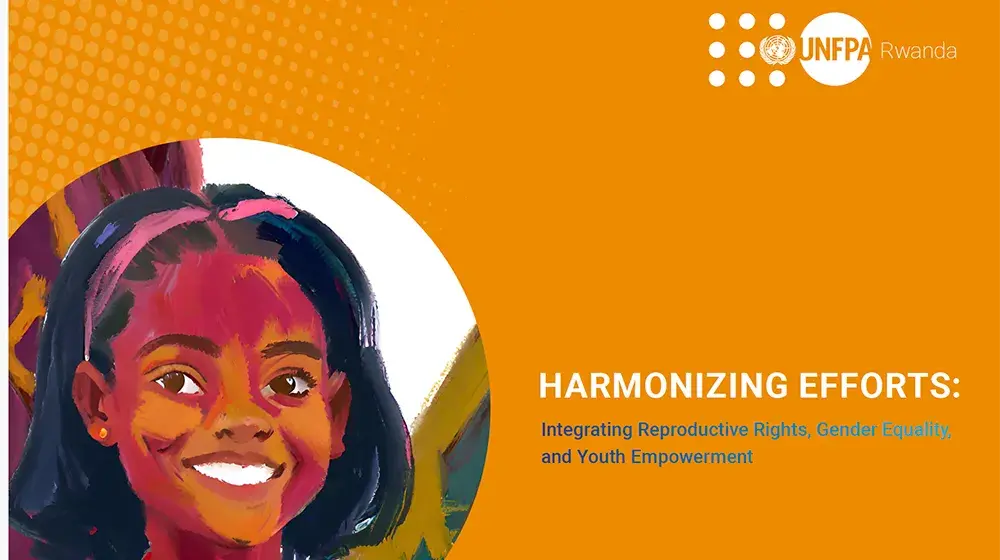Girls between the ages of 10 and 15 are still vulnerable to school dropout, early pregnancies and are subjected to domestic works, inviting new approaches to tackle the challenges.
This is according to a new World Population report released yesterday in Kigali. The ‘State of World Population 2016’ report, published by the United Nations Population Fund (UNFPA), warns that without taking action, many 10-year-old girls, at 25, will be struggling in poverty, with multiple, closely spaced pregnancies and some will already have their own 10-year-old daughters.
At 10, the report says, a girl may become property, a commodity that can be bought and sold with her future no longer hers. It is determined by others.
It is against this background that UNFPA says more effort should be made to transform the future of millions of 10-year-old girls globally who have traditionally been left behind.
Speaking at the launch, Mr. Jozef Maeriën, UNFPA country Representative, said that “the reason to start at 10 is to avoid difficulties in changing things late as at 15 years it would be too late to change a number of things.
“With support from family, community and nation, and the full realization of her rights, a 10-year-old girl can thrive and help bring about the future we all want,”Maeriën said.
“We believe that investing in girls, 10 years old, is crucial for the development of a country because discrimination and inequality of girls of ten years old hold back a lot of development of the country. So, what we think is that when ten year old girls get access to services like education and healthcare they will become much more productive citizens in the future.”
UNFPA says that, over the last 20 years, Rwanda has made great progress towards gender equality, which has greatly benefited adolescent girls.
Protecting girls
Establishing the legal age of marriage at 21 for both girls and boys has been a very important measure to protect girls against child marriage and gender based violence, the UN agency said.
It also reduces the risk of girls being taken out of school because of marriage and increases their chances of participating socially and economically later in life.
However, in spite of the legal age of marriage being 21 in Rwanda, the report cites persistent cases of girls who were married off before the legal age.
It says some 7 per cent of adolescent girls aged 15-19 are already mothers or pregnant with their first child.
According to the State of World Population 2016 report, currently, there are 157,000 10-year-old girls in Rwanda who need investment in their future development.
14-year-old Solange Uwamariya, a student at GS Rugando in Kigali, said girls need specifically parental guidance and close counseling.
“I know that education is the cornerstone of our country’s development, so, I think that girls’ education is very important to prepare them as future mothers,” Uwamariya said.
Sexual violence
Dr Diane Gashumba, the minister for health, who was at the launch as chief guest, said the Government believes starting to nurture girls from 10 years of age can be beneficial to the country´s development.
The current status is good as Rwanda has been among the best performing countries in achieving global goals, especially in reducing child and maternal deaths, Gashumba said.
She spoke of the need for more sensitization campaigns to impart reproductive health education, as well as Rwandan values to both girls and boys.
The minister also stressed the need to devise deterrent punishments for offenders violating children rights.
The State of the World Population Report is an annual publication. This year, the report was entitled, “10: How our future depends on a girl at this decisive age.”
The report suggests that healthy, educated girls will, in the course of their lives, contribute to greater economic growth, lower rates of infant and maternal death, smaller and better educated families and lower prevalence of HIV.





